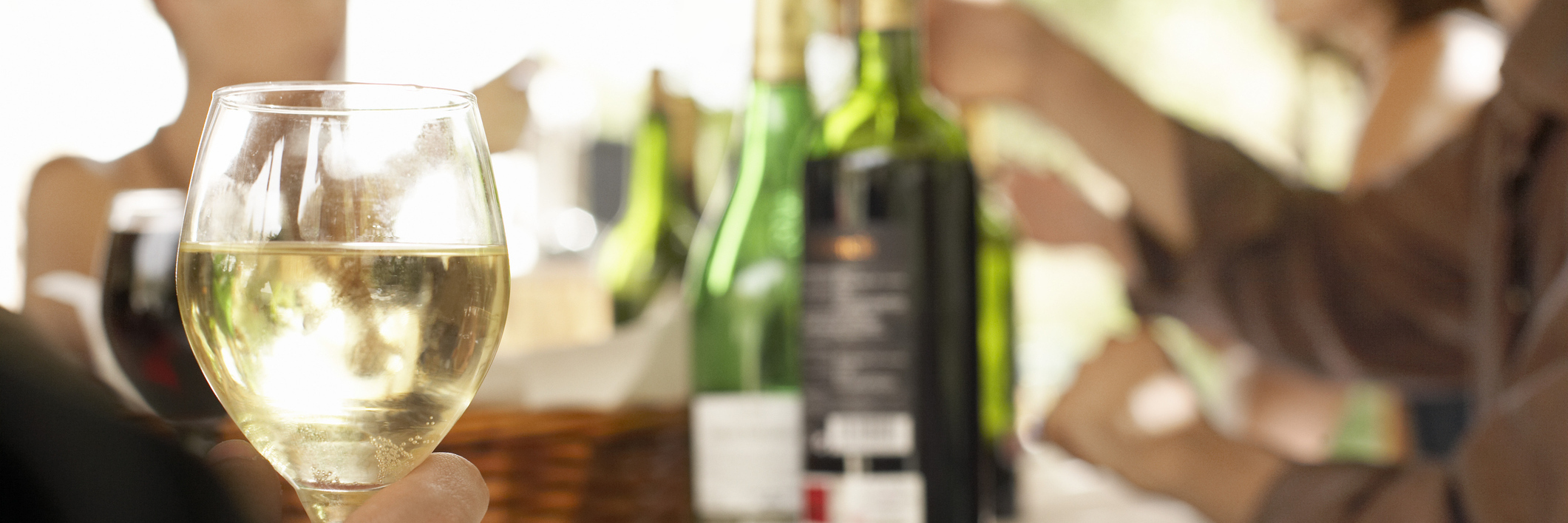Why I Worry About the New Stance on Alcohol Consumption During Pregnancy
I have to confess I don’t follow a lot of what the British Pregnancy Advisory Service (BPAS) does generally, but I know the latest report they released on alcohol consumption during pregnancy is generating discussions everywhere. I also know it directly disagrees with the Chief Medical Officer’s statement on alcohol in pregnancy.
I know I’m not the only one whose social media has been busy on this subject. I’m not the only parent who felt gutted that the messages we fight so hard to make consistent have been turned upside down with a flurry of media support.
I want to stay optimistic and believe the intentions around the report are in an effort to reduce the “blame culture” we live in. Maybe to reduce the parental guilt we all face when we don’t get it right every day. But all I’ve seen are the messages that state moderate drinking in pregnancy is OK and those many parents and professionals fighting to get the messages out about abstaining when pregnant or trying to conceive are just trying to ruin your social life.
I’m an adoptive parent to a child exposed to alcohol in utero. My views are very much skewed by my experiences. I’m no less a parent because I didn’t give birth to her, and I honestly can’t 100 percent say I wouldn’t have had the odd drink if I’d carried her myself. And I certainly don’t believe in blaming and accusing people for their decisions.
What I believe in is informed choice. In educating men (yes they have a role in it, too) and women about the risks of alcohol in pregnancy. My worry is that when we see media interviews and articles focused predominantly on the worst affected children, it fails to consider the whole spectrum of issues. It downplays the severity of the long term issues if you don’t have the physical symptoms. It undermines the stress it places on families raising kids with fetal alcohol spectrum disorder (FASD).
We talk about the many women who have the odd drink and their children are fine, and I’m genuinely happy for them. But what about those whose children aren’t fine? What about those of us who are raising our kids in a world that doesn’t work for them? Who are going to face challenges all their lives with little support and understanding?
I think it’s dangerous to encourage moderate drinking in pregnancy if there is no way to tell what a safe amount is. Some babies are affected by very little alcohol, others come out unscathed despite significant alcohol use and no one knows why. Until someone can categorically give a safe limit, how can any professional declare it’s OK to indulge in drinking?
Personally, I feel undermined as a parent today. I love my daughter and she is amazing, bright, beautiful and intelligent. She has FASD and it’s something that was completely preventable. She brings me so much joy, but I don’t want other parents to face out battles.
I want them to enjoy the everyday things without having to be hyper-vigilant for any sensory change in a room. I want parents to look to the future without having to worry if their child will ever live independently. I want them to sit in schools and children’s centers and meet with other parents without knowing what it feels like when other people think you’re exaggerating the extent of your issues or believe you are just delusional.
I don’t want to argue with people about how their kids are OK when they’ve had a glass of wine a week. I don’t want to accuse people of being neglectful by having a drink. I just want people to think about the risks and make a decision based on the right information. I want people to encourage having a social life without alcohol as the only medium for fun.
And I want professionals to really think about the messages they give out when they decide to publish a report that says you can drink a little bit but we can’t tell you how much. And when it comes down to it, is a bit less socializing worth the risk of raising a child with developmental issues and health problems?
So to all those out there who felt as gutted as me with the news, those who felt like we are taking a step backwards — you aren’t alone. And the consistency we fight for in changing the narrative around FASD is making a difference. My daughter gets the fruit of your battles with an early diagnosis and intervention.
I’m fortunate to have a strong FASD network around me (both in person and online). They keep me going. They keep me sane. And when it all goes wrong, they walk the journey with me.
It takes a village to raise a child and I’ve found a city.
Check out fasd-uk.net and fasdnetwork.org to see where the city began.
We want to hear your story. Become a Mighty contributor here.
Thinkstock image by Mike Watson Images

